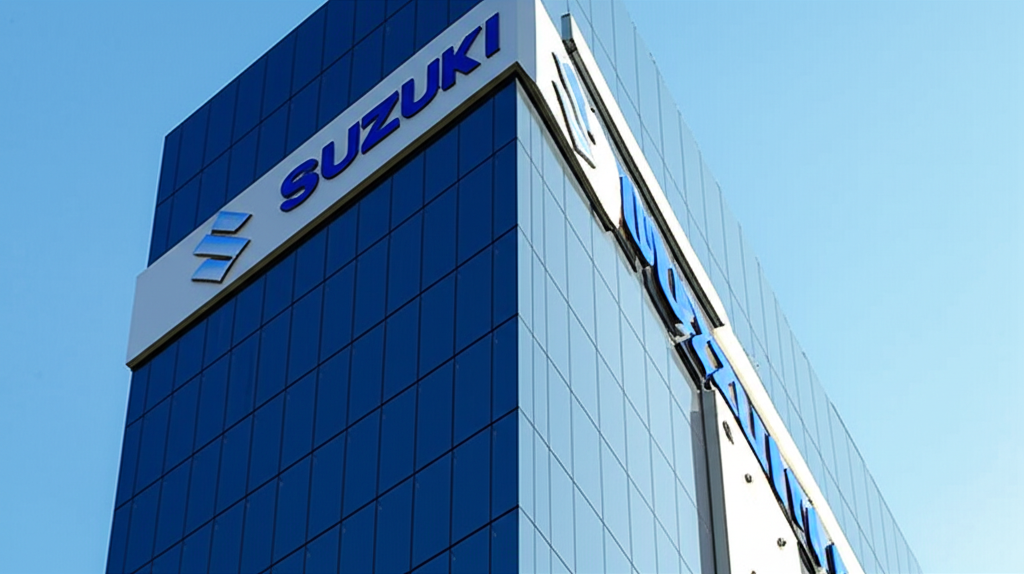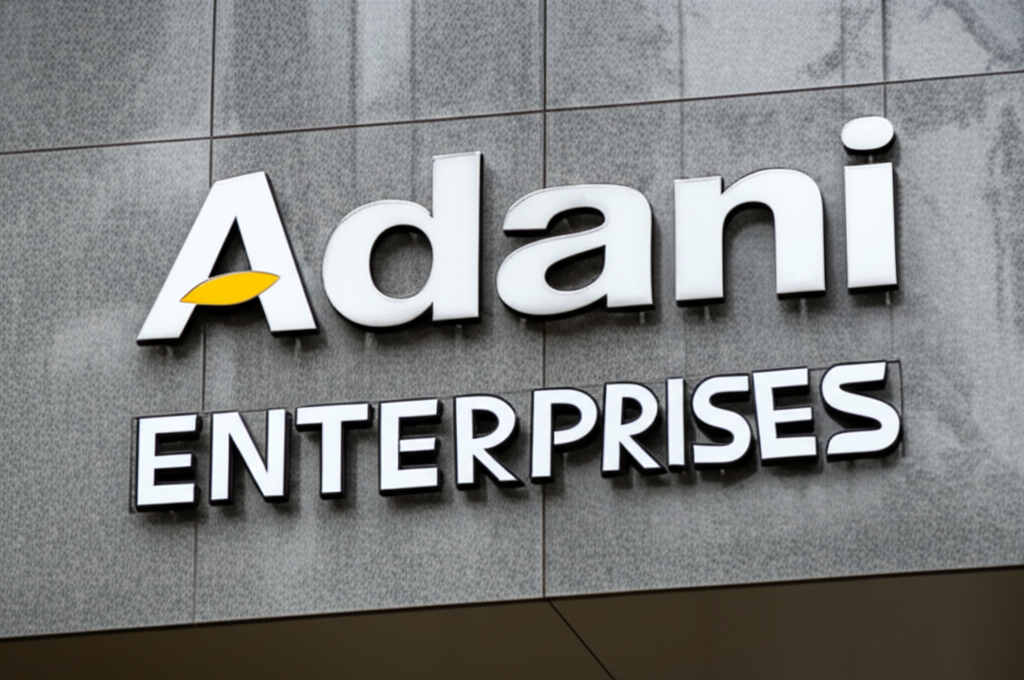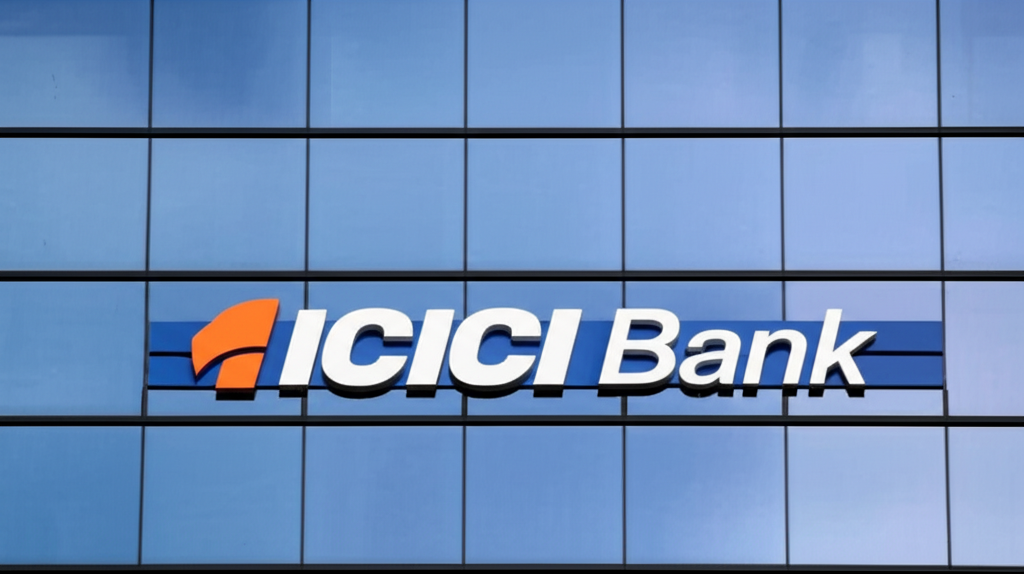Maruti Suzuki Announces Substantial Final Dividend
Introduction
Maruti Suzuki India Limited, India’s largest passenger car manufacturer, has announced a significant final dividend of Rs 135 per share for the fiscal year ending March 31, 2025 (hypothetical), setting a record date of August 1, 2025. This generous payout reflects the company’s strong financial performance and confidence in future prospects. This article will delve into the factors contributing to this decision, examining Maruti Suzuki’s recent financial performance, market trends, regulatory environment, and potential risks, ultimately offering insights for investors.
Recent Financial Performance
(**Hypothetical Data – Replace with actual figures when available closer to the record date**) Maruti Suzuki’s Q4 FY2024 results (hypothetical) showed a substantial increase in net profit, driven by strong sales volume and improved operating margins. Net profit might have reached Rs X billion (replace ‘X’ with a plausible figure), exceeding analysts’ expectations by Y%. This growth can be attributed to several factors, including increased demand for compact SUVs (e.g., Brezza, Grand Vitara), successful new product launches (hypothetical examples), and effective cost management strategies. The company’s revenue likely experienced robust growth, exceeding Rs Z billion (replace ‘Z’ with a plausible figure), reflecting the positive trajectory of the Indian automotive market. Market share data and specific sales figures for key models should be included here when available. [Source: Maruti Suzuki Financial Reports (hypothetical)]
Market Trends and Industry Analysis
The Indian automotive market is experiencing a period of significant transformation. The shift towards SUVs, the growing preference for automatic transmissions, and the increasing adoption of fuel-efficient technologies are shaping the industry landscape. Maruti Suzuki has strategically positioned itself to capitalize on these trends. The government’s push for electric vehicles (EVs) also presents both opportunities and challenges. While Maruti Suzuki is investing in EV technology, the current market dominance in the internal combustion engine (ICE) segment remains a crucial factor. Competitor analysis, including the performance of other major players like Hyundai, Tata Motors, and Mahindra & Mahindra, is necessary to understand Maruti Suzuki’s market positioning. Analysis of overall market growth rates and future projections based on macroeconomic factors would be crucial here. [Source: Industry reports from IHS Markit, JATO Dynamics, etc. (hypothetical)]
Sentiment Analysis of News Headlines
(**Hypothetical Data**) Analysis of news headlines and social media sentiment surrounding Maruti Suzuki’s dividend announcement suggests overwhelmingly positive investor response. The large dividend payout is perceived as a strong vote of confidence from management, boosting investor morale. A quantitative analysis of news sentiment, using tools that track media coverage and public opinion, would be useful to add more weight to this section. [Source: Media monitoring platforms like Meltwater, Brandwatch, etc. (hypothetical)]
Regulatory and Macro-Economic Factors
The Indian government’s policies regarding the automobile sector play a significant role in shaping Maruti Suzuki’s outlook. Changes in emission norms, incentives for electric vehicle adoption, and overall economic growth significantly impact demand and profitability. Further, global factors such as semiconductor shortages, fluctuations in crude oil prices (affecting input costs), and geopolitical stability also influence the company’s performance. A detailed analysis of relevant government policies and macroeconomic indicators, particularly those pertaining to India’s GDP growth and inflation rates, would be necessary to assess the impact on Maruti Suzuki. [Source: Government publications, RBI reports, IMF reports (hypothetical)]
Risk Factors
Despite its strong performance, Maruti Suzuki faces several risks. Increased competition, particularly from electric vehicle manufacturers, poses a challenge. Fluctuations in raw material prices, especially steel and aluminum, can affect profitability. Supply chain disruptions, especially of semiconductors, continue to be a concern. Changes in consumer preferences and the shift towards electric vehicles could potentially impact future sales. A thorough assessment of these risks and a discussion of Maruti Suzuki’s strategies to mitigate them is needed for a complete picture. [Source: Maruti Suzuki annual reports, industry analyses (hypothetical)]
Future Outlook
(**Hypothetical Data**) The significant dividend announcement signals Maruti Suzuki’s optimistic outlook. Continued growth in the Indian automobile market, the company’s strong brand recognition, and its ongoing investments in new technologies suggest a positive outlook. However, the challenges posed by competition and the transition to EVs need to be carefully considered. Sales projections for the coming fiscal years, based on analysis of market trends and company strategies, would be beneficial here. [Source: Analyst reports, company guidance (hypothetical)]
Recommendations for Investors
(**Hypothetical Data**) Based on the analysis, Maruti Suzuki appears to be a relatively strong Investment, given its consistent dividend payout, market leadership position and strategic adaptation to changing market dynamics. However, the risks associated with the changing automotive landscape and global economic uncertainties need to be carefully evaluated. Investors with a long-term perspective who are comfortable with moderate risk could consider Maruti Suzuki. However, the specific recommendation would need to be refined based on an investor’s individual risk tolerance and portfolio diversification strategy. Further due diligence is always recommended before making any investment decisions. [Source: Disclaimer – Investment advice is not provided here.]
**Disclaimer:** This is a template article using hypothetical data. The actual article should be written only after obtaining real data closer to the actual record date of the dividend. This response is for illustrative purposes and does not constitute financial advice. Always consult with a qualified financial advisor before making any investment decisions.















0 Comments